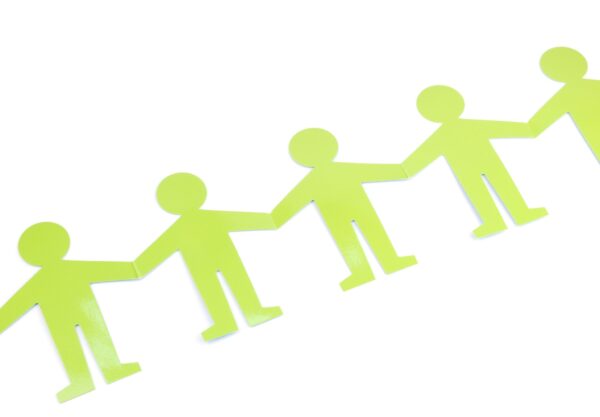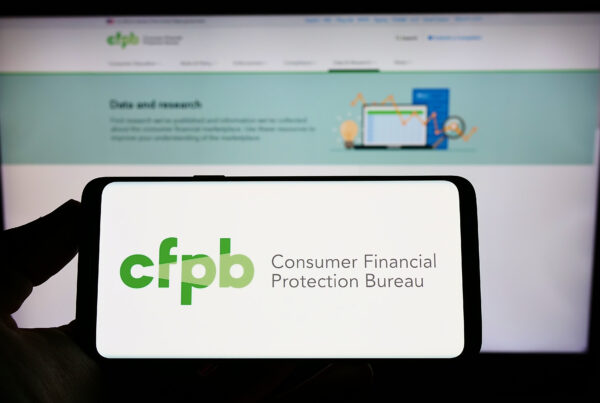By Kary Zarate, Ph.D.
Strong collaborative partnerships have been shown to improve many different educational outcomes for students. Yet, the work and skills required for strong partnerships are often overlooked.
Let’s consider just how much planning goes into one successful school day. Each day, when a child wakes up, a family member usually has already begun putting into action the plan. They may be thinking about meals before, during, or after school or transportation to and from school, or homework and projects that need to be ready to go!
Once a child enters their school, they are in the hands of many professionals, teachers, administrators, cafeteria personnel, and perhaps an educational support team such as school counselors. For a variety of reasons, all these individuals need to work together to ensure that a school day is successful.
When a child is a military-connected student, the unique complexities of their family’s service obligations must be considered. As such, even more professionals may enter the scope of a successful educational experience. Therefore, strong collaborative partnerships become central to student academic, emotional, and behavioral progress. These professional partnerships require an understanding of a variety of skills for communication, conflict, resolution, and teaming.
Strong collaborative partnerships don’t occur through happenstance; instead, successful collaborators are planful collaborators. Successful collaborative partners have a deep understanding of their own communication styles, their roles, and their respect for professional boundaries. Furthermore, strong collaborative partners anticipate that challenges may occur, and understand that repair work may be necessary. Students experience more academic and life success when they are supported by strong family and professional partnerships.
In our 2023 OneOp series, Collaborative Connections, we will identify the roles of key players that impact the education of our military-connected students. When individuals in collaborations are unclear about the tasks and responsibilities of their partners, role ambiguity occurs. So often this can be the source of misunderstandings and communication breakdowns. To improve any collaborative relationship, roles, and responsibilities must be understood and clarified. Our first webinar Identifying Key Collaborators for Schools Services and Military-Connected Students will provide participants with an understanding of the different points of contact and a variety of service providers associated with military-connected students. Additionally, throughout the series participants will learn skills for being effective communication partners, how to anticipate and manage conflict, as well as how to support students through transitions.
We hope you will join us on March 29, 2023, at 11 a.m. EST as we kick off the series with our first webinar. Learn more and RSVP at the webinar event page.
References
Friend, M., & Cook, L. (1992). Interactions: Collaboration skills for school professionals. Longman Publishing Group, 95 Church Street, White Plains, NY 10601.
Turnbull, A.P., Turnbull, R., Francis, G.F., Burke, M.M., Kyzar, K.K., Haines, S., Mueller, T.G., Holdren, N., & Singer, G.H. (2022). Families and professionals: Trusting partnerships in general and special education (8th Edition). Pearson.













